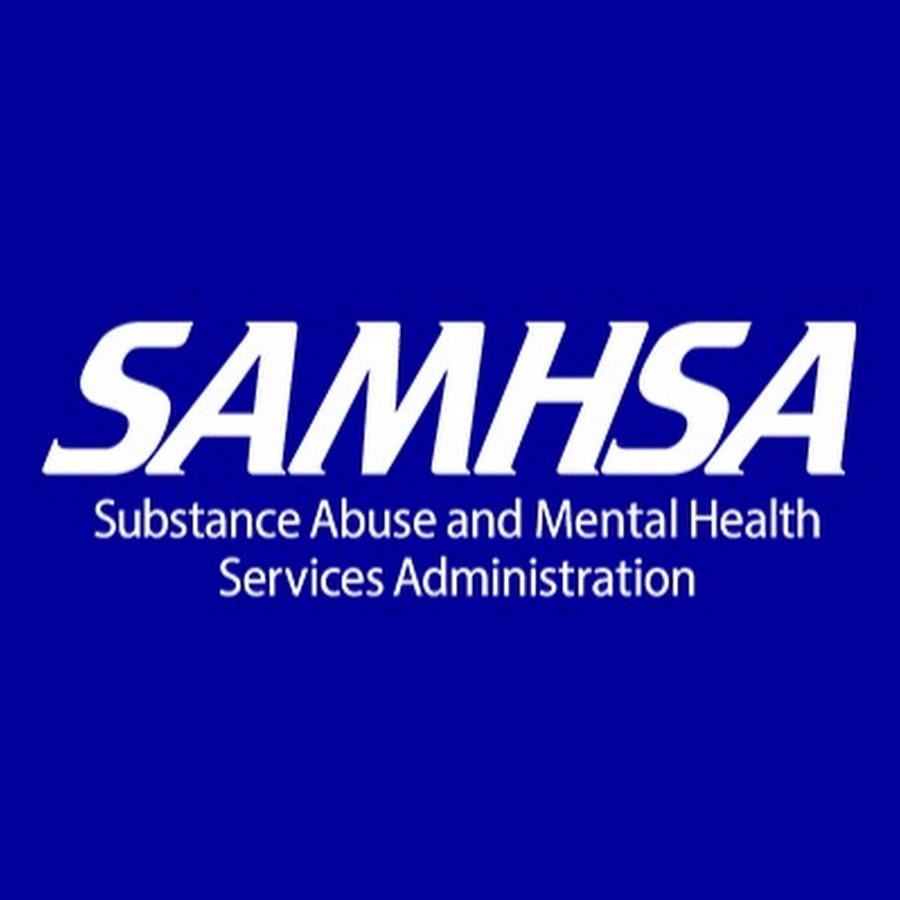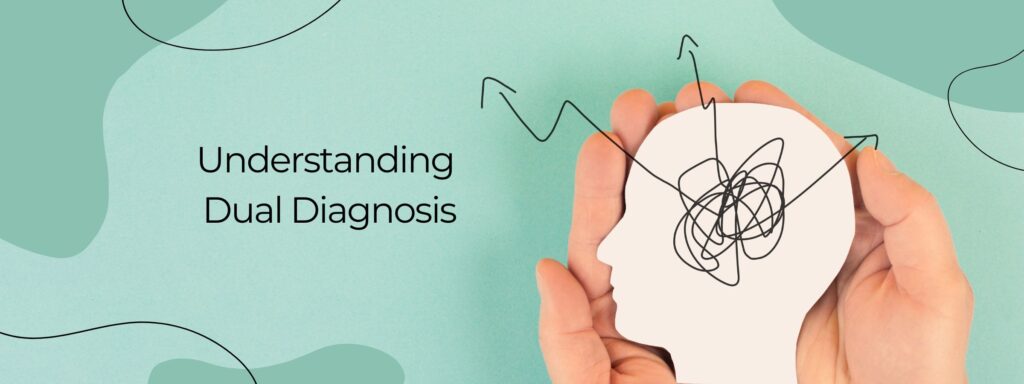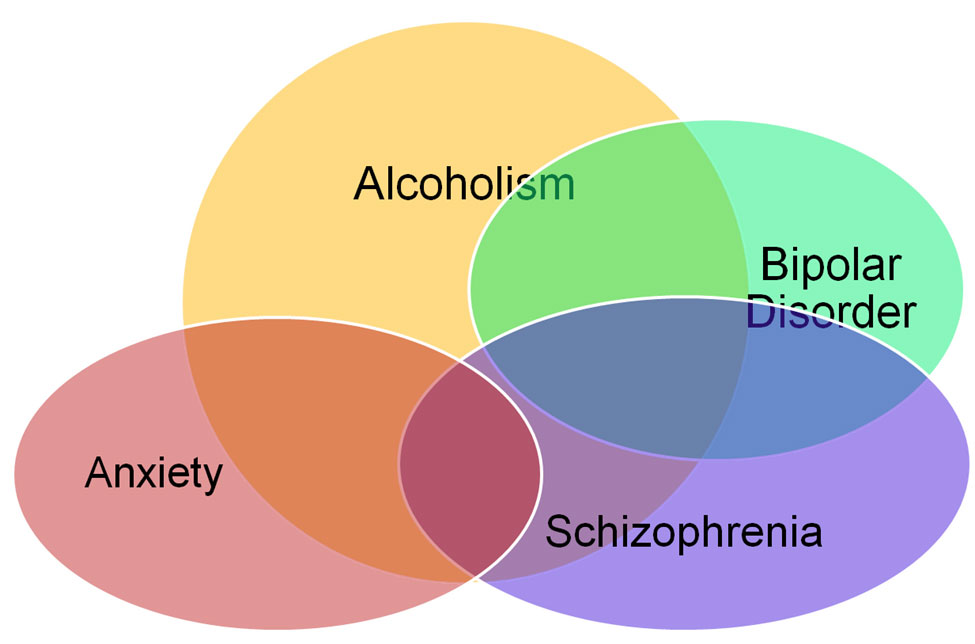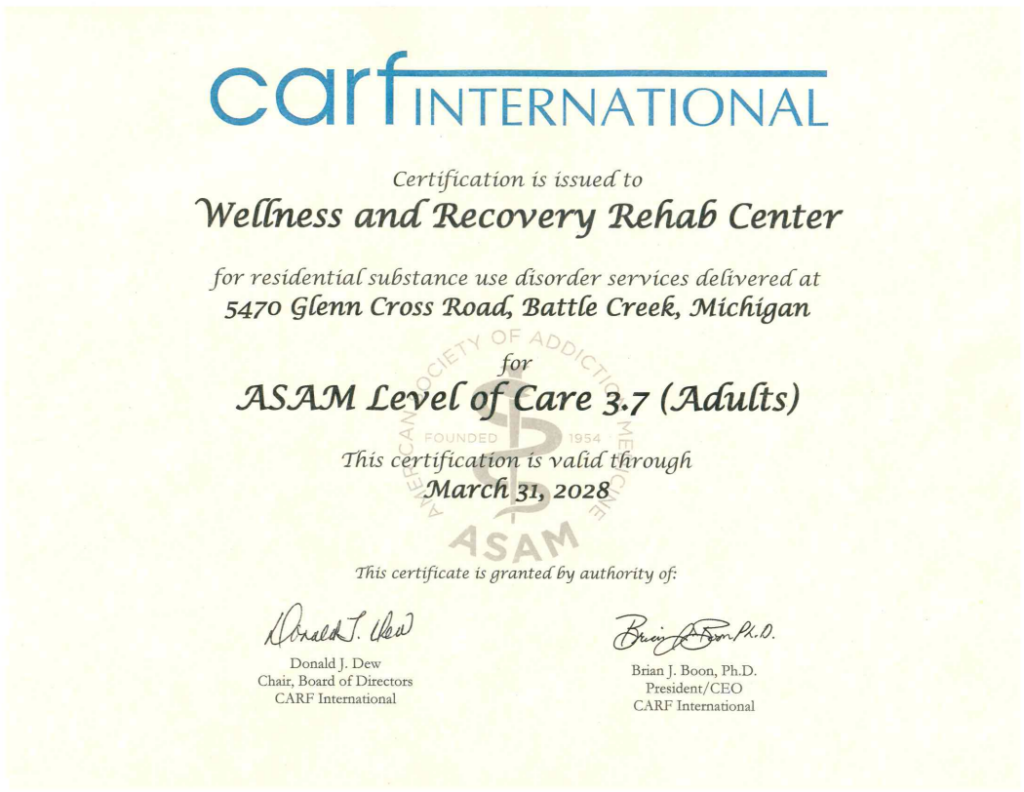Our drug and alcohol addiction treatment centers in Michigan treat co-occurring disorders. We know drug and alcohol addiction are complex issues that affect millions of lives in the United States. According to recent studies, nearly 20 million adults in the U.S. struggle with substance use disorders. But for many, addiction is not an isolated issue—it often exists alongside mental health challenges, known as co-occurring disorders. These interconnected struggles require a deeper understanding and specialized approach to treatment.
This blog will explore what co-occurring disorders are, the mental health conditions frequently associated with addiction, and how addiction treatment centers address them through dual diagnosis care. By gaining insight into these intertwined challenges, you or a loved one can take the next step toward lasting recovery.
Our Drug and Alcohol Addiction Treatment Centers in Michigan Researched How Many People in the U.S. Struggle with Addiction?

Addiction is an epidemic in the United States. According to the SAMHSA, approximately 48.7 million American adults faced substance use disorder in 2022. This includes dependence on substances such as alcohol, illicit drugs, and prescription medications.
But addiction doesn’t just affect one’s ability to quit using substances. It also has profound social, emotional, and psychological impacts, often paving the way for—or exacerbating—existing mental health conditions. Understanding the relationship between addiction and mental health is crucial for achieving meaningful recovery.
Our Drug and Alcohol Addiction Treatment Centers in Michigan Counselors Explain, “What Are Co-occurring Disorders?”
Wellness and Recovery Rehabilitation substance abuse counselors at our drug and alcohol addiction treatment centers in Michigan felt the need to define co-occurring disorders. Co-occurring disorders, also known as dual diagnosis, occur when an individual experiences a substance use disorder (SUD) along with a mental health condition. These conditions can range from depressive disorders and anxiety to more severe diagnoses like bipolar disorder and schizophrenia.
The relationship between substance use and mental health can be complex. For some, mental health struggles like depression or PTSD lead to self-medication through drugs or alcohol, which can spiral into addiction. For others, prolonged substance abuse can alter brain chemistry in ways that contribute to the development of mental health issues.
Why Are Co-occurring Disorders Common?
There are many reasons why co-occurring disorders are common:
- Shared Risk Factors: Genetics, trauma, or early exposure to stress can contribute to both addiction and mental health disorders.
- Brain Chemistry: Both substance abuse and mental illnesses affect brain chemicals like dopamine and serotonin.
- Self-Medication: People may misuse substances to cope with mental health symptoms, such as using alcohol to numb anxiety.
Without addressing both conditions simultaneously, the likelihood of relapse and ineffective treatment increases significantly.
Drug and Alcohol Addiction Treatment Centers in Michigan Explain Common Co-occurring Disorders Associated with Addiction

Wellness and Recovery Rehabilitation drug and alcohol addiction treatment centers in Michigan explain the most common co-occurring disorders associated with addiction. Each person’s experience with addiction and mental health challenges will be unique. However, some mental health disorders commonly co-occur with substance use. Here are a few examples:
1. Depression and Addiction
Nearly one-third of people with major depressive disorder also have a substance use disorder. Individuals battling depression may turn to alcohol or drugs to escape feelings of sadness or hopelessness, while prolonged substance abuse can worsen depressive symptoms and make recovery challenging.
2. Anxiety Disorders
Addiction and anxiety often go hand-in-hand. Drugs like benzodiazepines may offer temporary relief for anxiety in the short term, but reliance on these substances can quickly lead to dependency, exacerbating anxiety symptoms in the long run.
3. Post-Traumatic Stress Disorder (PTSD)
PTSD is a mental health condition triggered by traumatic events. Many individuals with PTSD use substances as a way to manage flashbacks or numb emotional pain. Unfortunately, this can pave the way for severe addiction.
4. Bipolar Disorder
Bipolar disorder, characterized by extreme mood swings, is frequently associated with substance use disorders. Individuals may use stimulants to manage depressive episodes or downers like alcohol to slow racing thoughts during manic states.
5. Schizophrenia
People living with schizophrenia may turn to substance use as a form of self-medication. However, drugs or alcohol can exacerbate symptoms of paranoia, hallucinations, or disordered thinking, creating a cycle that’s difficult to break.
6. Eating Disorders
There is also a well-documented link between substance use and eating disorders, such as anorexia or bulimia. Both conditions involve patterns of compulsive behavior and a strained relationship with self-control.
How Our Drug and Alcohol Addiction Treatment Centers in Michigan Help with Dual Diagnosis?
Wellness and Recovery Rehabilitation drug and alcohol addiction treatment centers in Michigan is a full service dual diagnosis drug rehab. We know treating co-occurring disorders requires specialized care that addresses both addiction and mental health conditions. This integrated approach, commonly referred to as dual diagnosis care, is offered by many addiction treatment centers.
Without addressing the underlying mental health condition, recovery from addiction often remains incomplete. Dual diagnosis ensures that both conditions are treated side-by-side to promote long-term recovery. For instance, treating substance use without addressing PTSD may leave individuals vulnerable to relapse when triggers resurface.
What to Expect from Dual Diagnosis Treatment
Addiction treatment centers offering dual diagnosis programs typically incorporate the following elements:
- Comprehensive Assessment
A thorough evaluation helps identify co-occurring disorders and tailor a care plan suited to each individual’s needs.
- Integrated Therapies
Combining counseling for addiction with evidence-based therapies for mental health conditions, such as cognitive-behavioral therapy (CBT) or dialectical behavior therapy (DBT).
- Medication-Assisted Treatment (MAT)
For individuals with severe mental health conditions, medication may be used alongside therapy to manage symptoms effectively.
- Group and Peer Support
Encouragement and shared experiences within a safe, compassionate community help foster connection and accountability.
- Aftercare Planning
Long-term success comes with solid aftercare plans. These may include support groups, outpatient services, or ongoing therapy.
Taking the First Step Toward Recovery With Our Drug and Alcohol Addiction Treatment Centers in Michigan

Our drug and alcohol addiction treatment centers in Michigan staff know that co-occurring disorders can be daunting, but recovery is always possible. Addiction treatment centers have the tools, expertise, and compassionate care needed to address both substance use and mental health challenges. By seeking dual diagnosis treatment, individuals not only find relief from addiction but also the emotional and psychological support needed to thrive.
If you or someone you love is struggling with both addiction and mental health, reach out today. Whether through therapy, medication, or community support, help is available—because no one should have to face these challenges alone. Call our drug and alcohol addiction treatment centers in Michigan admissions staff now. We can verify health insurance on the phone.




